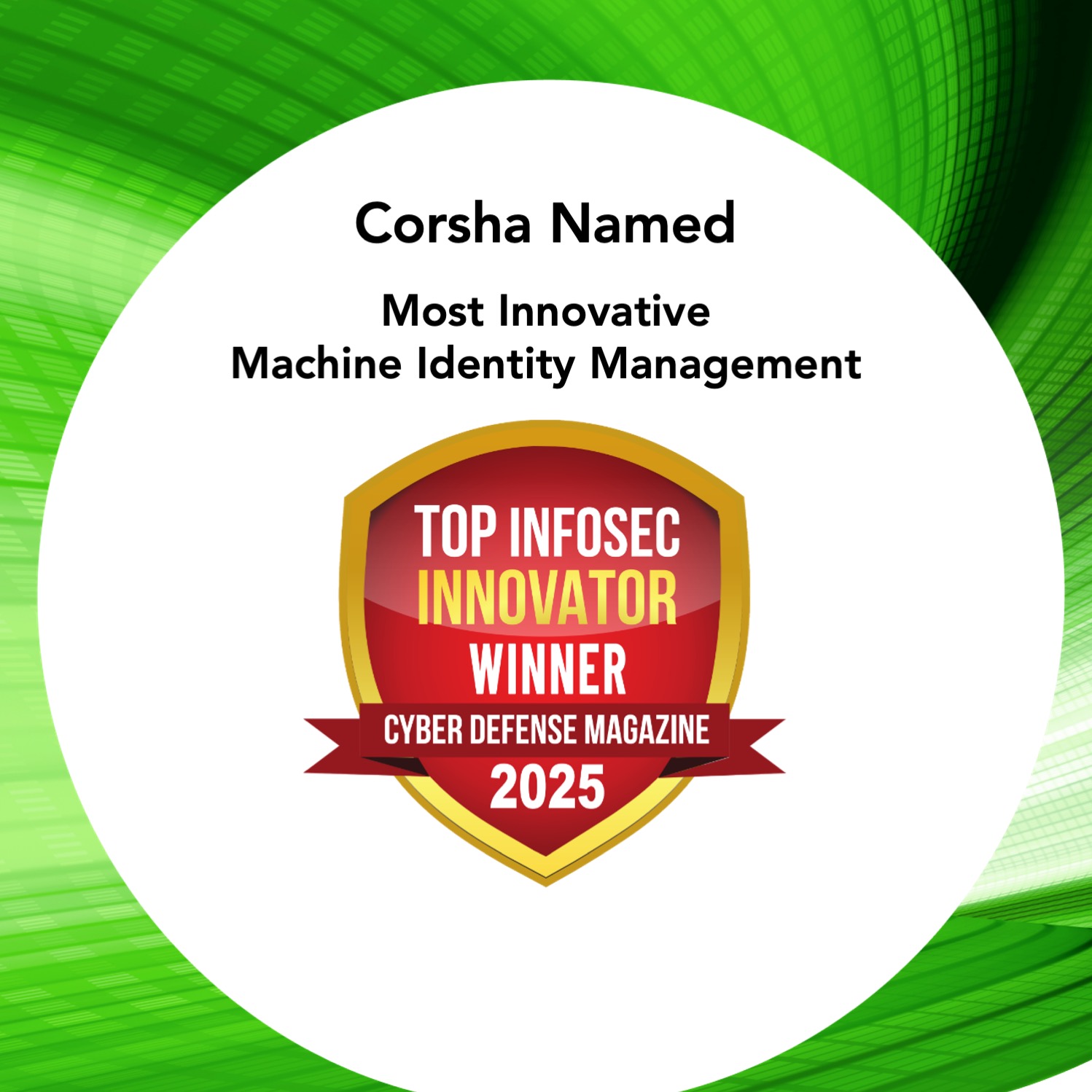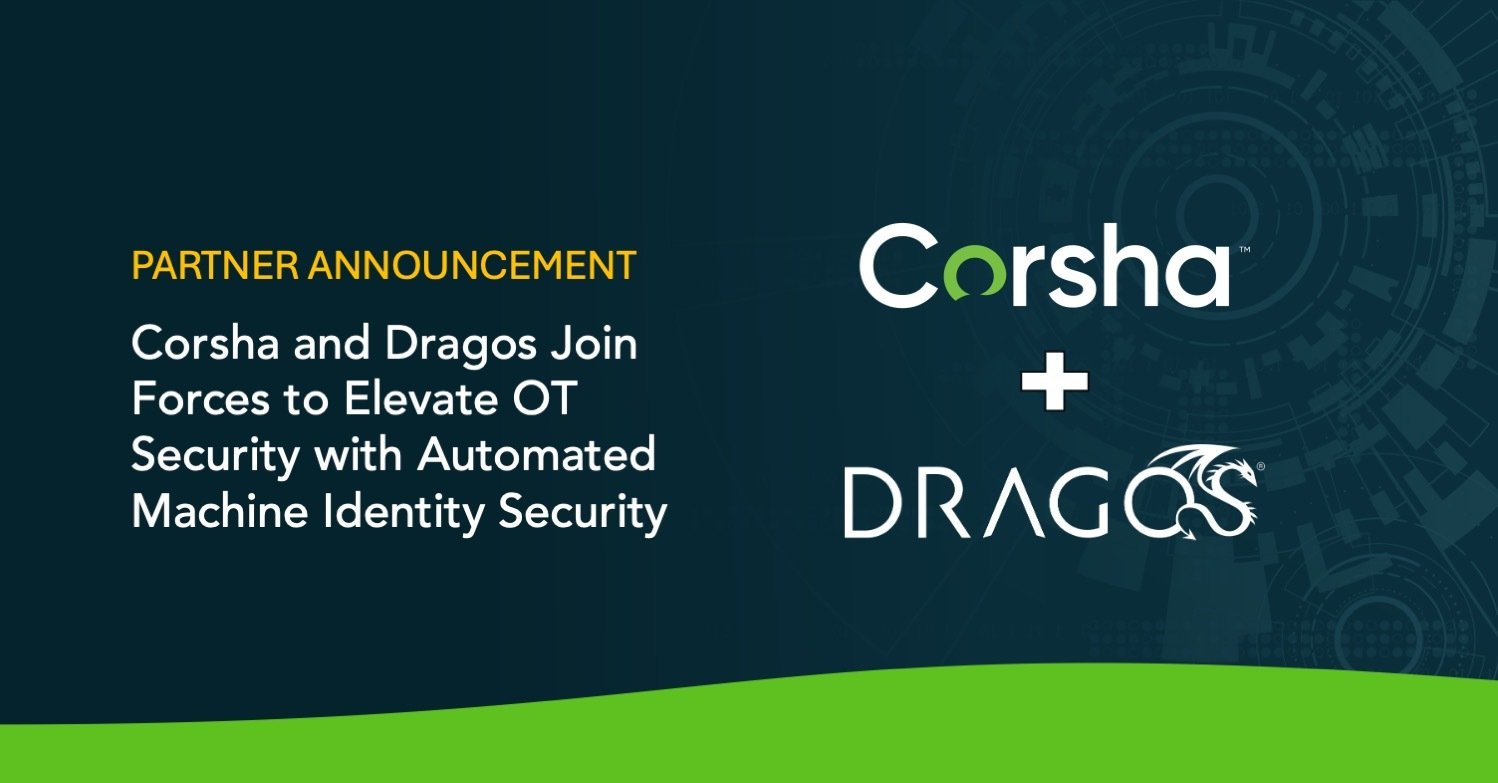.png?width=448&height=448&name=select%20(1).png)
Level 0 is the physical devices that form the foundation of the equipment, such as motors, pumps, sensors, and valves.
.png?width=448&height=448&name=select%20(1).png)
Level 1 is the systems that supervise and direct the devices at Level 0, including Programmable Logic Controllers (PLCs), Remote Terminal Units (RTUs), and Intelligent Electronic devices (IEDs).
.png?width=448&height=448&name=select%20(1).png)
Level 2 involves devices that manage the overall processes of the system, such as human-machine interfaces (HMIs) and SCADA software, which enable human operators to monitor and control the system. These are often laptops/ workstations or touch pendants.
.png?width=448&height=448&name=select%20(1).png)
Level 3 facilitates the management of production workflows and includes batch management, manufacturing operations management (MOM), manufacturing execution systems (MES), and data historians. The Industrial Demilitarized Zone (IDMZ) serves as a buffer between the IT and OT networks. The IDMZ helps prevent infections within the IT environment from spreading to OT systems and vice versa.
.png?width=448&height=448&name=select%20(1).png)
Level 4 encompasses systems such as Enterprise Resource Planning (ERP) software, databases, email servers, and other logistics-related systems that manage manufacturing operations and provide communication and data storage.
.png?width=448&height=448&name=select%20(1).png)
Finally, Level 5 is the enterprise network, which is not an ICS environment but collects data from ICS systems for business decisions.
Industrial Identity and Access Management (IAM) for Manufacturers
Corsha's identity provider for Machines secures collaboration, information sharing, and digital engineering for industrial modernization.
The Industrial Cyber Challenge Facing Manufacturers

Challenges Driving Digital Transformation
Securing the supply chain, growing regulations, and legacy equipment are among the many challenges manufacturers face. These factors are driving the digital transformation towards advanced manufacturing networks.
The Promise of Industry 4.0
The promise of Industry 4.0—asset discovery, continuous monitoring, real-time data sharing and analytics, connecting OT and IT—offers operational resiliency, efficiency, and security. These are crucial to supporting national security missions with confidence.
The Blurring of OT and IT Boundaries
As the boundaries between OT enclaves and IT networks blur, identity becomes the only real perimeter for the industrial manufacturing network. Embracing digitization and automation is essential to maintaining a competitive advantage.
Expanding Attack Surfaces
Digitization inevitably expands the attack surface. In manufacturing pipelines, cybersecurity risks can become kinetic, potentially:
- Halting a manufacturing assembly line
- Stealing intellectual property and mission intelligence
- Altering configurations to affect the supply chain
- Introducing weaknesses into final products
A New Cyber Risk Strategy
To overcome risk and ensure availability, integrity, safety, and confidence in manufacturing, a new approach is needed. Bringing Corsha’s Identity Platform into your industrial networks allows you to:
- Easily monitor, control, and regulate access to your OT assets
- Securely share data in real-time across OT and IT systems
- Create a Secure Access Point to OT equipment
- Comply with mandates like ATOs, Zero Trust, and NIST’s 800-82 Guide to OT Security
News
machine identity, zero trust, Manufacturing, ATO

Article
Corsha Advances Machine Identity Provider (mIDP) to Secure Connectivity and Data Across Industrial Manufacturing Systems for US Airforce
READ MORE
Article
Corsha Named Most Innovative Machine Identity Management in Cyber Defense Magazine’s 2025 InfoSec Awards
READ MORE
Article
Corsha and Dragos Join Forces to Elevate OT Security with Automated Machine Identity Security
READ MORETabs are an effective way to organize information on a website page when there is a large amount of content that needs to be separated into distinct categories. Label your tabs with one or two words that define each category of information.
When styling your tabs, highlight the selected tab by giving it a color that differs from your unselected tabs, so that it's easy for your visitors to navigate.
Tabs are an effective way to organize information on a website page when there is a large amount of content that needs to be separated into distinct categories. Label your tabs with one or two words that define each category of information.
When styling your tabs, highlight the selected tab by giving it a color that differs from your unselected tabs, so that it's easy for your visitors to navigate.
Key Challenges for Manufacturing
Discover and monitor all connections across your Industrial NetworkFirst things first, a comprehensive inventory of all assets, systems, and services, and the connections into them is the foundation of essential cybersecurity. |
Build Identity and Access Management Best Practices into your OT NetworkAs perimeters blur between IT and OT, identity becomes the only reliable principle to protect access to your critical manufacturing resources, whether that is a PLC, an HMI or a historian. Digital transformation toward Industry 4.0 starts with a strong IAM strategy that allows you to expose access at all levels with confidence. |
Extend Security and Compliance to OTEmbracing standards like NIST 800-82 and Zero Trust is key to building confidence in your supply chain and manufacturing processes. |
IAM for the Industrial Network
Corsha's Identity Platform for Machines automates IAM for your industrial network,
letting you focus with confidence on your core manufacturing business.
Asset InventoryAutomated discovery, inventory and Strong Identity for every Asset connecting to your critical systems that goes beyond simple identifiers like IP or MAC Addresses. |
Exposure ManagementCorsha's Platform extends IT and OT vulnerability and risk management in real-time to threats across OT and IT assets. |
Zero Trust AccessWhether local or remote, Corsha's platform pins OT access to only trusted workstations, workloads, and devices through seamless and dynamic device authentication. |
Cyber Retrofit for Legacy EquipmentCorsha provides a STIG'd access point to legacy controllers and HMIs to raise the cyber bar across your whole network. |
-1-1.png?width=267&height=191&name=Vector%207%20(1)-1-1.png)
Asset Inventory
-1.png?width=267&height=191&name=Vector%209%20(1)-1.png)
Exposure Management
-1-1.png?width=267&height=191&name=Vector%207%20(1)-1-1.png)
Zero Trust Access
-1.png?width=267&height=191&name=Vector%209%20(1)-1.png)
Cyber Retrofit for Legacy Equipment
National Security Regulations for Industrial Security
Regulations and mandates like NIST's 800-82 Guide to Operational Security and Zero Trust recognize digital transformation and the push to "Connect everything to everything... everywhere" open industrial networks to growing cyber risks. As assets and devices are elevated to first-class citizens in the world of IAM, learn how Corsha can work with you, discover assets and connect with confidence across your industrial networks.
Corsha has been proven to be a national security solution. Corsha's platform is deployed to the U.S. Department of Defense Government Clouds and industrial networks today under full ATO. Beyond the ATO, the Office of Secretary of Defense has supported DoD security penetration testing of Corsha's platform and Corsha has been recommended as a defense-in-depth solution for IAM critical resources.
Reach out to learn more about how we can help you accelerate technology adoption through a strong cybersecurity story with your defense-minded stakeholders.
Learn more about NIST-800-82
Partnerships to serve the U.S. Federal Government
Corsha is a Razor's Edge portfolio company, committed to supporting national security customers and advancing mission-critical manufacturing solutions.
|
Defense Sector Initiatives
|
Contract Vehicles
|
Resellers
|
Certifications
DoD Air Force ATO Corsha's Platform is deployed with an Authority-to-Operate (ATO) at Impact Level 4 (IL4) NIST FIPS 140-2 Compliant Corsha's cryptographic modules are fully compliant with the FIPS 140-2 specifications from NIST. |